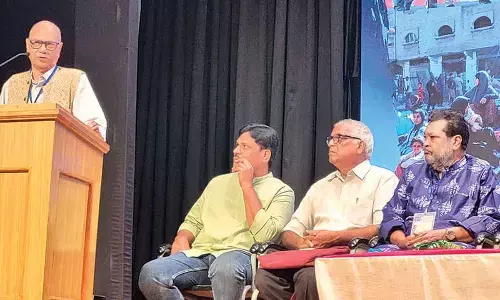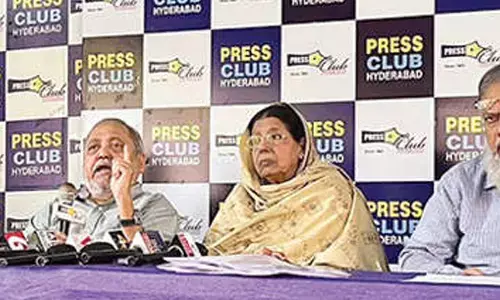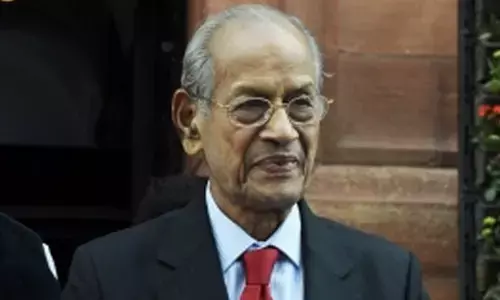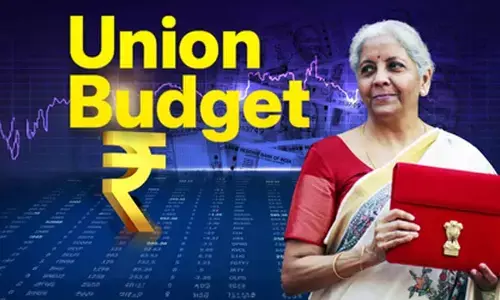20 judges per 10 lakh population is alarmingly low: Chief Justice
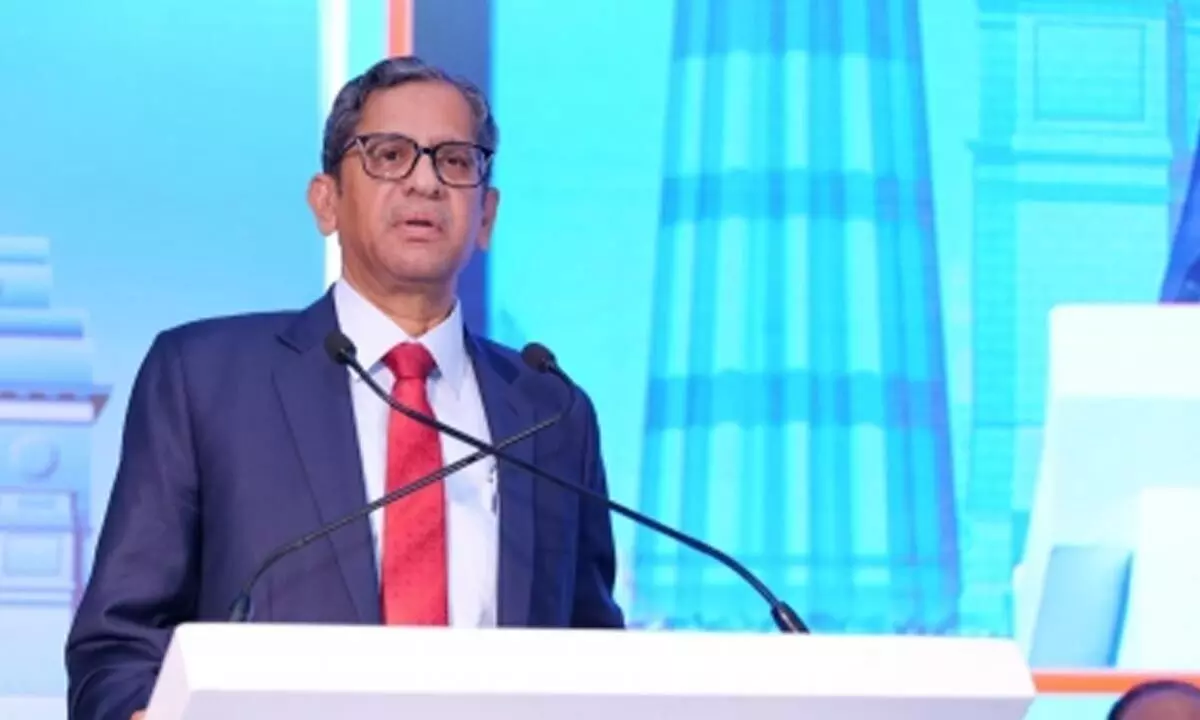
Chief Justice of India (CJI) N.V. Ramana (Photo/IANS)
Chief Justice of India (CJI) N.V. Ramana on Saturday said it is only the judicial process that is adversarial, and not the judges or their judgments, and also pointed out that 20 judges per 10 lakh population was alarmingly low.
New Delhi: Chief Justice of India (CJI) N.V. Ramana on Saturday said it is only the judicial process that is adversarial, and not the judges or their judgments, and also pointed out that 20 judges per 10 lakh population was alarmingly low.
The CJI emphasized that policy making is not the court's domain, but if a citizen moves, the courts cannot say no.
He made the remarks while addressing the 11th joint conference of Chief Ministers and Chief Justices.
"Please be generous in creating more posts and filling the same, so that our judge-to-population ratio is comparable to advanced democracies. As per sanctioned strength, we have just around 20 judges per 10 lakh population, which is alarmingly low," he said.
The conference was attended by Prime Minister Narendra Modi, Union Law Minister Kiren Rijiju, Minister of State S.P. Baghel, Supreme Court judges, High Court Chief Justices and Chief Ministers.
CJI Ramana said that as of today, out of 1,104 sanctioned posts of high court judges, there are 388 vacancies, and out of 180 recommendations, 126 appointments have been made for various High Court.
He added that 50 proposals are still awaiting approval by the Centre and the High Court have sent around 100 names to the Union government, which are yet to reach the apex court.
"When we last met in 2016, the sanctioned strength of judicial officers in the country was 20,811. Now, it is 24,112, which is an increase of 16 per cent in six years. On the other hand, in the corresponding period, pendency in district courts has gone up from 2 crore 65 lakhs to 4 crore 11 lakhs, which is an increase of 54.64 per cent. This data shows how inadequate the increase in the sanctioned strength is," the CJI said.
He pointed out that decisions of the courts were not implemented by the government for years, which resulted in contempt petitions, which is a new category of burden.
He added that deliberate inactions by the governments, despite judicial pronouncements, are not good for the health of democracy.
"Please remember, it is only the judicial process that is adversarial. Not the judges or their judgments. We are merely discharging our constitutionally assigned role. Judgments are meant for delivering justice and should be seen as such.
"While discharging our duties, we all must be mindful of the 'Lakshman Rekha'. The judiciary would never come in the way of governance, if it is in accordance with law. We share your anxiety and concern regarding the welfare of the people.
"The judiciary is also confronted with the issue of the executive willingly transferring the burden of decision making to it. Although policy making is not our domain, but, if a citizen comes to the court with a prayer to address his grievance, the courts cannot say no," the CJI further said.
Justice Ramana further stressed that the 140-crore population of the country is bound to test its judiciary, and no other constitutional court in the world hears such a wide range of issues in such large numbers.
Citing factors for docket explosion in India, the CJI said: "If a tehsildar acts upon a grievance of a farmer regarding land survey, or a ration card, the farmer would not think of approaching the court. If a municipal authority or a gram panchayat discharges its duties properly, the citizens need not look to courts."
He further added that if revenue authorities acquire land through due process of law, the courts would not be burdened by land disputes and these cases account for 66 per cent of the pendency.
Justice Ramana said if police investigations are fair, if illegal arrests and custodial torture come to an end, then no victim will have to approach the courts.
He said it is beyond his understanding as to why intra and inter departmental disputes of the government or fights between PSUs and the government end up in courts.
"Abiding by law and the constitution, is the key to good governance. However, this is often ignored, and opinions of legal departments are not sought in the rush to implement executive decisions," the CJI said, adding that lack of special prosecutors and standing counsels is one of the major issues that needs to be addressed.








